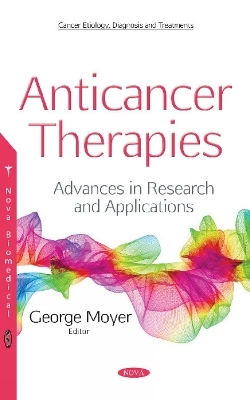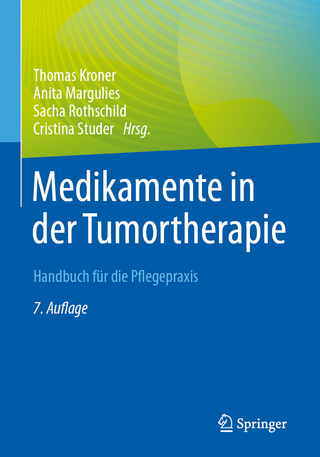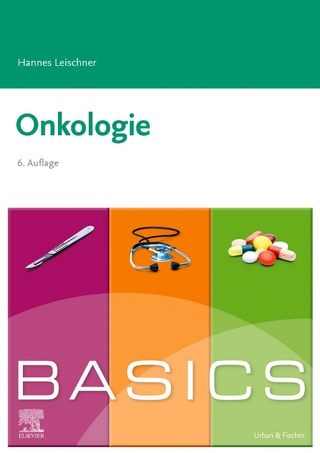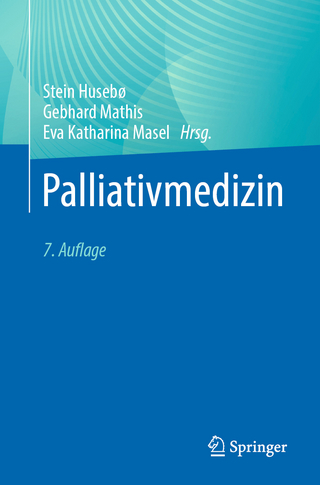In the first chapter, I-Ling Hung, Yu-Chiang Hung, and Wen-Long Hu examine the synergistic processes of herbal ingredients in order to help researchers discover new phytomedicines. Next, in the second chapter, Muhammad Imran Qadir gives a synopsis of the discussion regarding the cure of developed prostate cancer by using androgen deprivation therapy. Ddiethylstilbestrol was previously used to achieve androgen deprivation, but luteinising hormone-releasing hormone (LHRH) replaced it and a slew of detrimental effects ensued. Unconventional therapy has been implemented to decrease the adverseness of treatment. The third chapter, also by Muhammad Imran Qadir, elaborates on the risk factors of breast cancer, such as early menarche and late menopause. In the fourth chapter, he discusses the impact of synthetic peptides in liver cancer management. Continuing, he uses the fifth chapter to discuss the use of a hepatic sgRNA or single guide RNA delivery system to target a large proportion of gene sets to induce the hepatocellular carcinoma (HCC) and intra-hepatic cholangio-carcinoma (ICC), concluding that the CRISPR/Cas9 gene targeting could be used to manage HCC, the predominant cause of cancer-related deaths. In the sixth chapter written by Muhammad Imran Qadir, the decrease in potential risk of cancer via blockers of IGF-1R in prostate and colon carcinomas and use of anti-IGF therapy in grouping of cytotoxic drugs is examined. In the seventh chapter, Sara Tabassum joins Muhammad Imran Qadir in exploring the potential for telomere, or its enzyme, to be used as a target drug or in the screening process for treatment of cancer. Muhammad Imran Qadir goes on to examine how CK-19 helps to differentiate papillary thyroid carcinomas from other malignant and benign forms in the eighth chapter. In the ninth chapter, he analyses the distinctive biological properties of Nanoparticles due to small size and a large surface area to volume ratio. In the tenth chapter, Muhammad Imran Qadir studies the part BRCA mutations play in breast cancer development. Simona Martinetti, Mauro Partrone, Giorgio Calabrese, and Elia Ranzato review current research that suggests potential uses of ascorbate in cancer treatment in the eleventh chapter. Lastly, the twelfth chapter provided by Muhammad Imran Qadir presents a study that offers a new modernisation for Caspase substrates.
Preface; Complementary Therapies with Traditional Chinese Medicine for Gynecological Cancers & Breast Cancer: Evidence from Experimental Research to Clinical Study; Androgen Deprivation Therapy for the Treatment of Prostate Cancer; Early Menarche, Late Menopause & Advancing Age: Risk Factors for Breast Cancer; The Significance of Synthetic Peptides in Liver Cancer Management; CRISPR/Cas9 System: A Double Edged Sword in Cancer; The Role of an Insulin-like Growth Factor (IGF) in Carcinogenesis; Telomerase Activity & Its Effect on Cancer Cells; Cytokeratin 19: A Forecasting Immunohistomarker for the Detection of Thyroid Carcinomas; The Importance of Nanotechnology in Diagnosis of Liver Cancer; The Role of BRCA1 & BRCA2 Gene Mutation in Breast Cancer Progression; Ascorbate & Cancer Therapy: Possible Support from Dietary Habits; The Role of Caspase Substrates in Apoptosis; Index.
| Erscheinungsdatum |
02.11.2017
|
| Verlagsort |
New York |
| Sprache |
englisch |
| Maße |
180 x 260 mm |
| Gewicht |
446 g |
| Themenwelt
|
Medizin / Pharmazie ► Medizinische Fachgebiete ► Onkologie |
| ISBN-10 |
1-5361-2611-X / 153612611X |
| ISBN-13 |
978-1-5361-2611-2 / 9781536126112 |
| Zustand |
Neuware |



